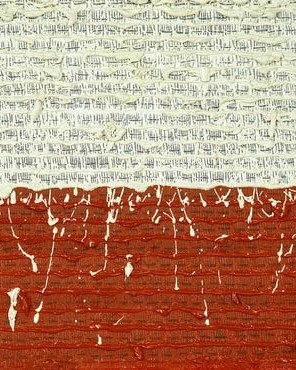Krakow
26 April 2018 - 29 September 2018
The key concept of ‘motherland’ has been undergoing a great and at times painful modernisation in today’s world. The old take was that the motherland was where one grew up, belonged, and which one defended against others even at the cost of laying down one’s life. Motherland was a fortress where all spoke the same language, worshipped the local god and cherished tradition, held in esteem equal to that afforded to religious rituals. That model – which provided a sense of being grounded yet at the same time isolated – was based on exclusion and it radically divided people into us and them. That approach worked – until the time when people embarked on mass migrations. In modern history, the Roman Empire undertook some, albeit not very sophisticated, attempts to undermine the isolationist model of the motherland as did the Austro-Hungarian Empire.[1] In each case, however, the nations ‘invited’ to join were too committed to identification with their motherland to find being part of an empire tempting.
